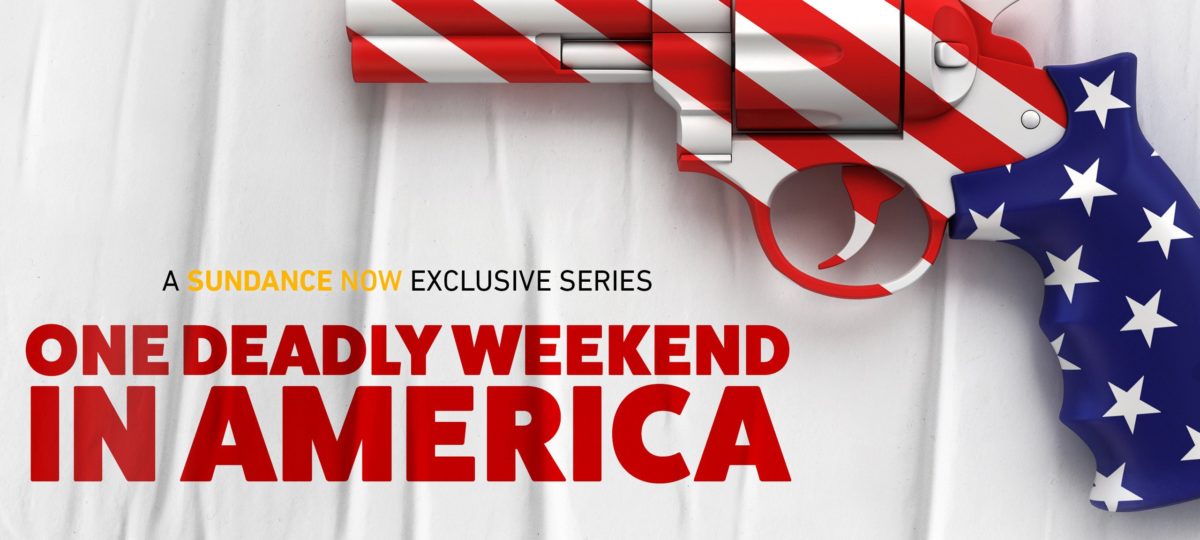America’s deadly weekend of more mass shootings raise stakes for Senate gun talks
In South Carolina and Texas, victims were shot at a high school graduation party. In Kentucky, funeral goers were hit outside a church. Multiple shooters sprayed a crowd with bullets in Philadelphia. In Chattanooga, Tennessee, shots rang out at a nightclub.
Just America going about its normal business this weekend under the deadly daily shadow of gun violence, as a staggering 10 mass shootings since Friday deepened trauma from recent massacres at a Buffalo supermarket, a Texas elementary school and a mass shooting at a Tulsa, Oklahoma medical center.
The horrific new trail of death and injury, of broken families and mourning and fear, raised the stakes for the Senate’s latest effort to finally do something to stem the shootings and massacres and the costs for yet another political failure.
The effort, led by Connecticut Democratic Sen. Chris Murphy and Texas Sen John Cornyn, a Republican, reaches a critical point this week. It won’t be enough to end the violence in a nation awash in firearms. But if even one massacre is averted by incremental measures and some lives are saved, it could mark an important political win, and a sign that Washington can actually do something to mitigate a deadly threat.
Murphy told CNN’s “State of the Union” on Sunday that despite formidable obstacles to success, he had never been more confident of getting something done after years fighting to tighten firearms laws following the massacre at an elementary school in his state in 2012, after which, reforms failed in Congress.
“I’ve never been part of negotiations as serious as these. There are more Republicans at the table talking about changing our gun laws, investing in mental health than at any time since Sandy Hook,” Murphy told CNN’s Jake Tapper. “I’ve also been part of many failed negotiations in the past, so I’m sober-minded about our chances.” Murphy said that the most likely areas for progress included “red flag” laws that can be used to confiscate weapons from people who are judged a danger or some tightening of background check rules in addition to more resources for mental health.


